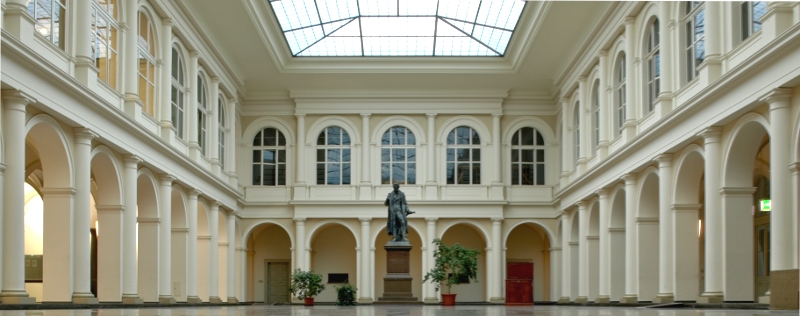Urban infrastructures in energy transitions: between cure and curse
Public lecture by Dr. Timothy Moss Leibniz Institute for Regional Development and Structural Planning (IRS) Head of the research department "Institutional Change and Regional Public Goods"
- https://www.agrar.hu-berlin.de/de/pressmit/pressarchiv/archiv15/20150611
- Urban infrastructures in energy transitions: between cure and curse
- 2015-06-11T17:15:00+02:00
- 2015-06-11T23:59:59+02:00
- Public lecture by Dr. Timothy Moss Leibniz Institute for Regional Development and Structural Planning (IRS) Head of the research department "Institutional Change and Regional Public Goods"
- Wann 11.06.2015 von 17:15 bis 23:59
- Wo Grimm-Zentrum, Geschwister-Scholl-Str. 3, Auditorium (ground floor)
-
iCal
The infrastructures that underpin human settlements – both physically and figuratively – in providing essential energy, water and waste services were until recently largely immune to public scrutiny. They constituted an 'invisible city' of pipes, ducts, appliances and plant hidden underground or beyond the urban gaze which – so long as they continued to function satisfactorily – did not attract particular attention. Consumers took the infrastructures they used for granted, policy makers saw no need to question their developmental function, utilities were happy to be left alone, whilst researchers were content to tinker with technological modernisation. With growing intensity since the 1980s, however, infrastructures have been thrust into the limelight, as societies increasingly query their purpose, design, impacts, ownership and regulation. What began with calls for the liberalisation and privatisation of utility services has extended today to encompass responses to climate change, adaptation to demographic change, consumer rights, environmental degradation and development goals. This new 'visibility' of infrastructures is reflected in academia, in particular in social science debates on socio-technical transitions. Infrastructures, today, are no longer the "Cinderella" of urban studies (Graham/Marvin 2001).
In his lecture Timothy Moss wants to unpack the different ways in which urban infrastructures (understood as socio-technical configurations) are being addressed in policy and research today and, from this analysis, to identify promising avenues for future scientific enquiry pertinent to IRI THESys. To this end he focuses on the role of urban infrastructures in energy transitions. Throughout the talk he will draw for illustration on the chequered history of Berlin’s energy infrastructures.
More information here.
